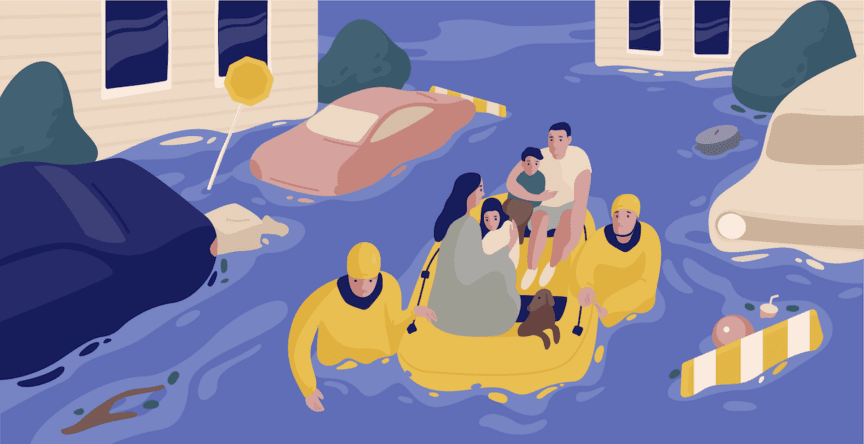The key factor of having a good emergency fund is that it should be easily accessible money in case you need it.
That could be for a sudden house issue like weather damage, or an expensive car repair, or unexpected medical/dental bills or even a change in your employment situation like losing your job.
The nature of an ‘emergency’ is that it’s usually unexpected and if it happens you really want to be able to quickly access your money to deal with it… without waiting for investment exit conditions or losing lots of interest from breaking a deposit.
How big should it be?
An adequate emergency fund should include the minimum amount of money to cover three months’ worth of housing and essential bills. Six-months would be a better buffer.
Based on having a good home budget you should be spending…
- One third of your income on housing
- One third on paying essential bills
- 10% on growing your savings
- The rest on enjoying life
Your emergency fund should come from your savings and once you have saved enough to cover three (or six!) months of housing and essential bills you should really look for opportunities to invest the rest. You ideally want your money to work for you rather than just sitting around – remember that savings only saves you money, investing does the heavy lifting.
Watch the real-life Dr Steve talking about emergency funds
Dr Steve Enticott and CIA Tax are a chartered tax and wealth advisory service recommended by First Option Bank.


